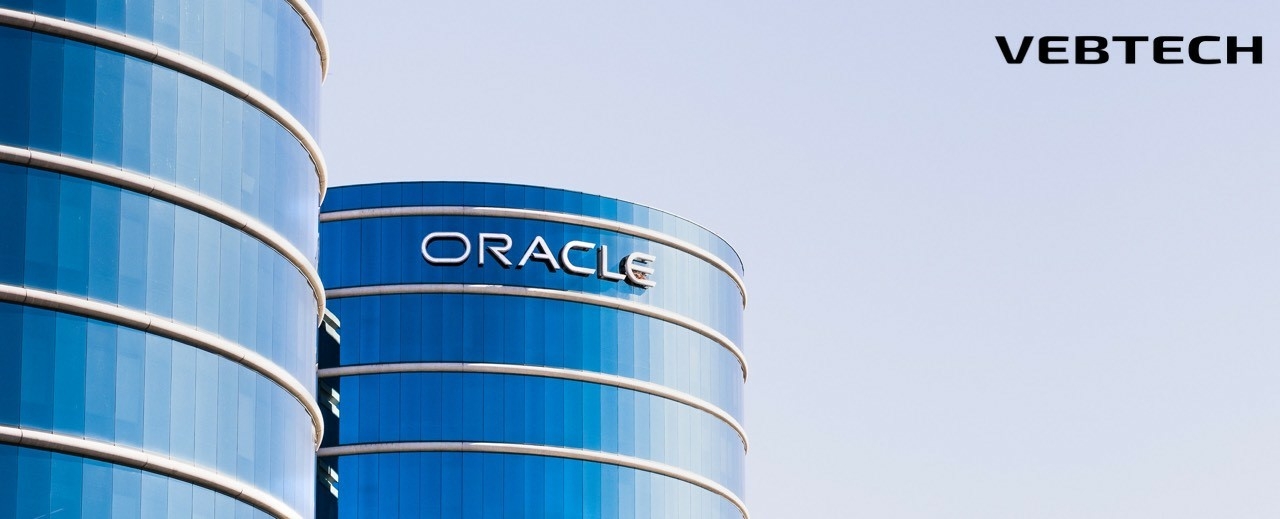5 reasons to migrate your oracle database to the latest version.

Oracle has the largest market share out of all RDBMS products. It is considered an enterprise level database and is used by some of the largest businesses. The database is available both in the cloud as well as in on-premise platforms. Oracle databases are known for, among other things, being able to handle large amounts of data, having many features, and being highly reliable.
The latest terminal release of the software, 19c, was released in the first half of 2019. Perhaps it’s time to upgrade your system. In this article I’ll examine several reasons to do so.
Support. Oracle offers lifetime support for on-premise products. This can be broken down into 3 service levels: premier, extended, sustaining. Premier support lasts for 5 years and offers maintenance, updates, and upgrades. Extended lasts 3 years and offers basically the same services as premier. Sustaining comes after extended and lasts indefinitely. Sustaining support does not offer new software and security updates, certification with new Oracle products, certification with new third-party products/versions. Evidently, with each stage, less is offered. Furthermore, support is already expensive (22% of the purchase price), but its price increases annually by 2-4%. Although many are happy with older versions, the lower quality support and higher price are certainly factors that should be considered.
Reduced costs. Along with reduced support costs, an update can minimize costs even further. Every new version includes a multitude of additional features that reduce the amount of labor needed to maintain the database. Many processes have become automated, eliminating the need for micromanagement. You can lower licensing costs by consolidating databases with the new multitenant architecture, which allows you to plug multiple databases into one container on a single system. Furthermore, this will save you money on hardware as you’ll need fewer servers.
New capabilities. New releases come with a plethora of new capabilities. Key features in version 19c include automatic indexing, JSON support, multitenant architecture and more. These features will be sure to boost performance and productivity.
Security. As support for older versions expires, new security updates will no longer be released. Database breaches are often disastrous for companies, potentially costing them millions. If the version you’re using no longer gets patches, your organization might be in serious risk.
Compatibility with newer hardware and operating systems. Older versions of Oracle aren’t supported by or certified on newer hardware and operating systems. Sooner or later your business might encounter trouble when modernizing these systems. Furthermore, the older oracle versions can’t be directly migrated to new versions. You might be saving resources later on by upgrading now.
Conclusion
This article has listed several reasons why an upgrade would be beneficial for your business. I hope you’re now convinced that an upgrade is the way to go. That said, migrating oracle to the latest version is not an easy task. Without proper planning and testing this process is very risky. For this and other tasks, such as administration and maintenance, you’ll need a team of experienced professionals. At our company, we employ such professionals and are ready to help you get the best results from your oracle database. For more information, check out https://vebtech.by/en/services/oracle.


